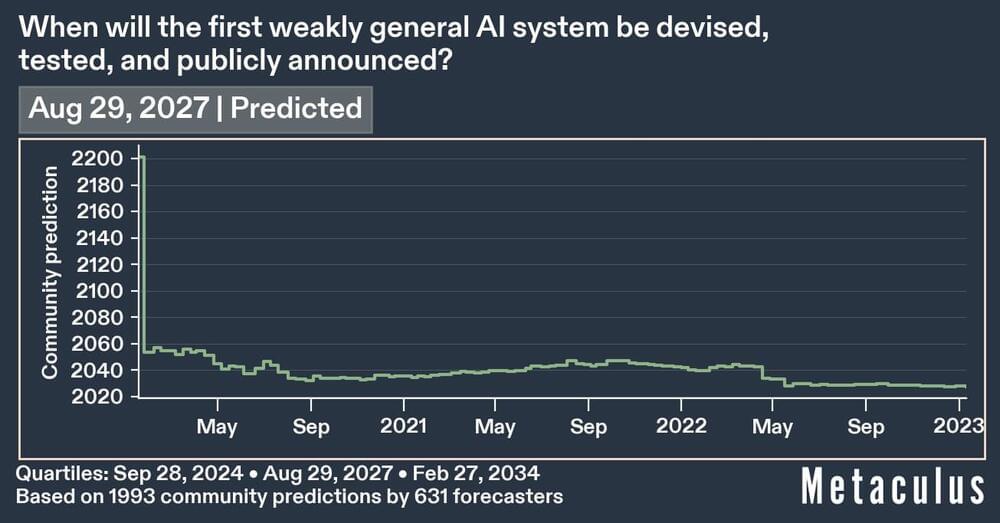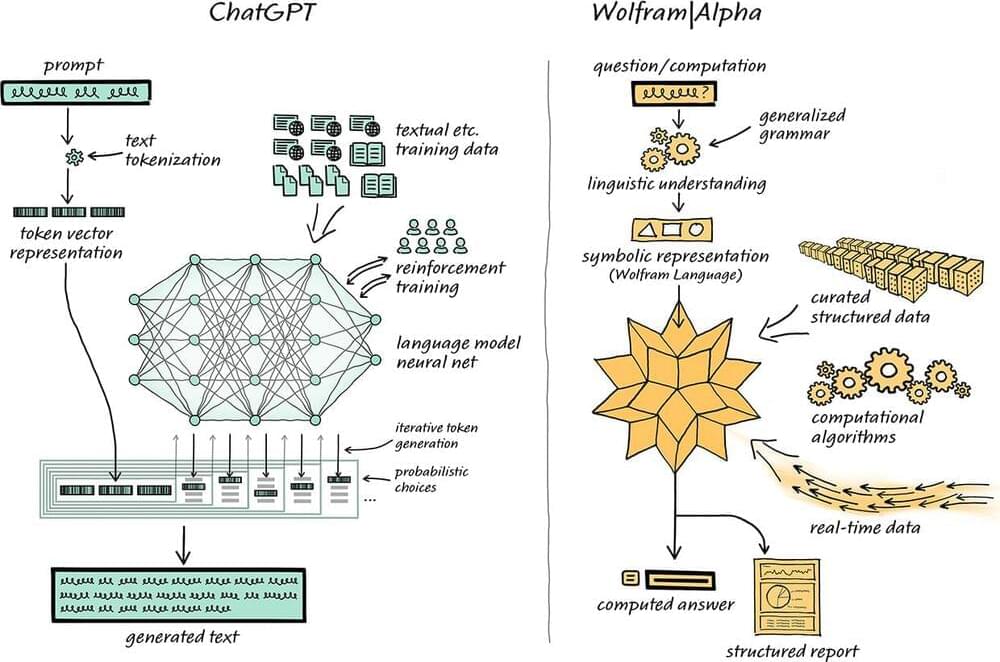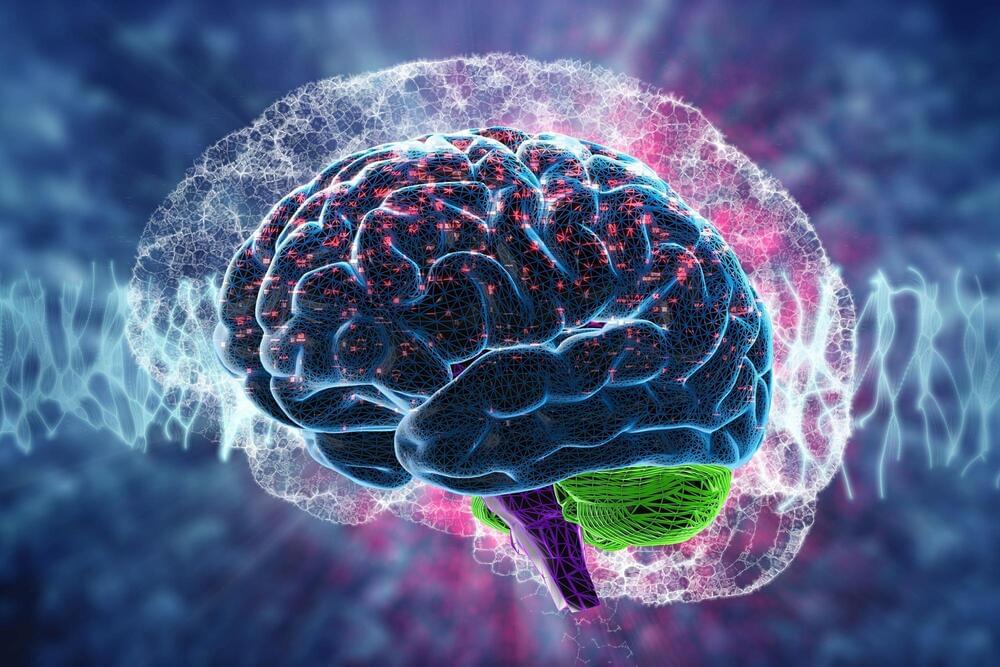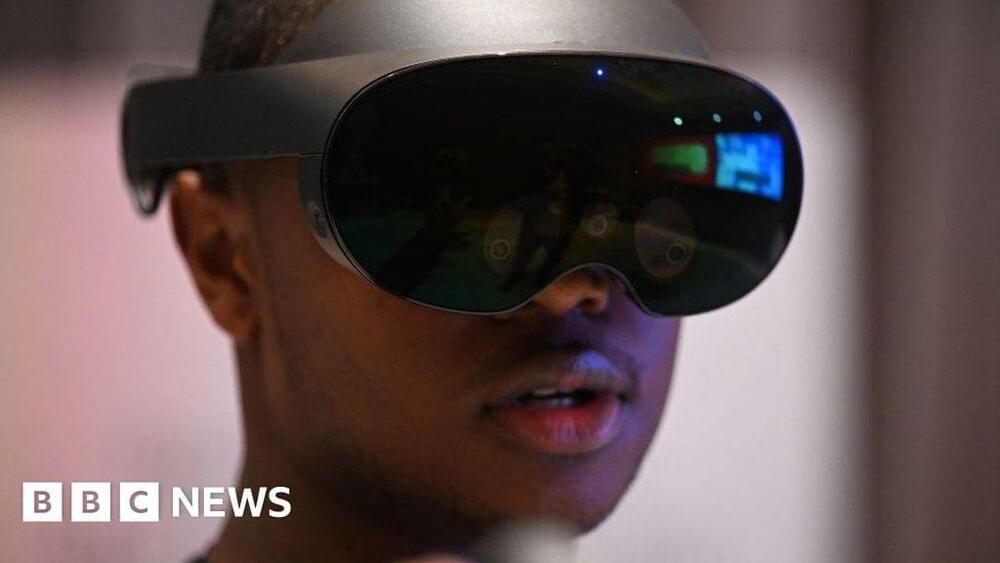Jan 10, 2023
When will the first weakly general AI system be devised, tested, and publicly announced?
Posted by Kelvin Dafiaghor in categories: futurism, robotics/AI
Metaculus is a community dedicated to generating accurate predictions about future real-world events by aggregating the collective wisdom, insight, and intelligence of its participants.







 עברית (Hebrew)
עברית (Hebrew)










